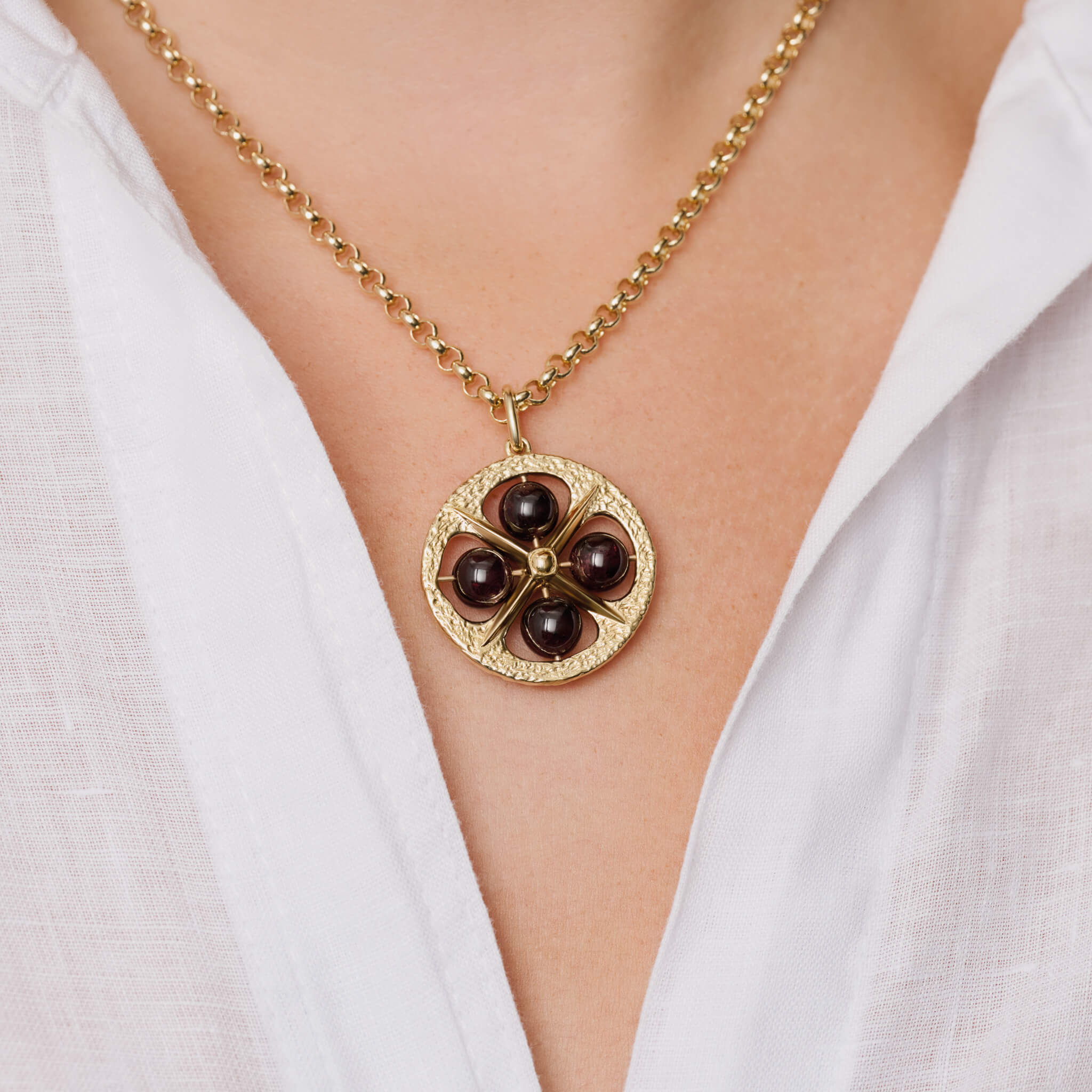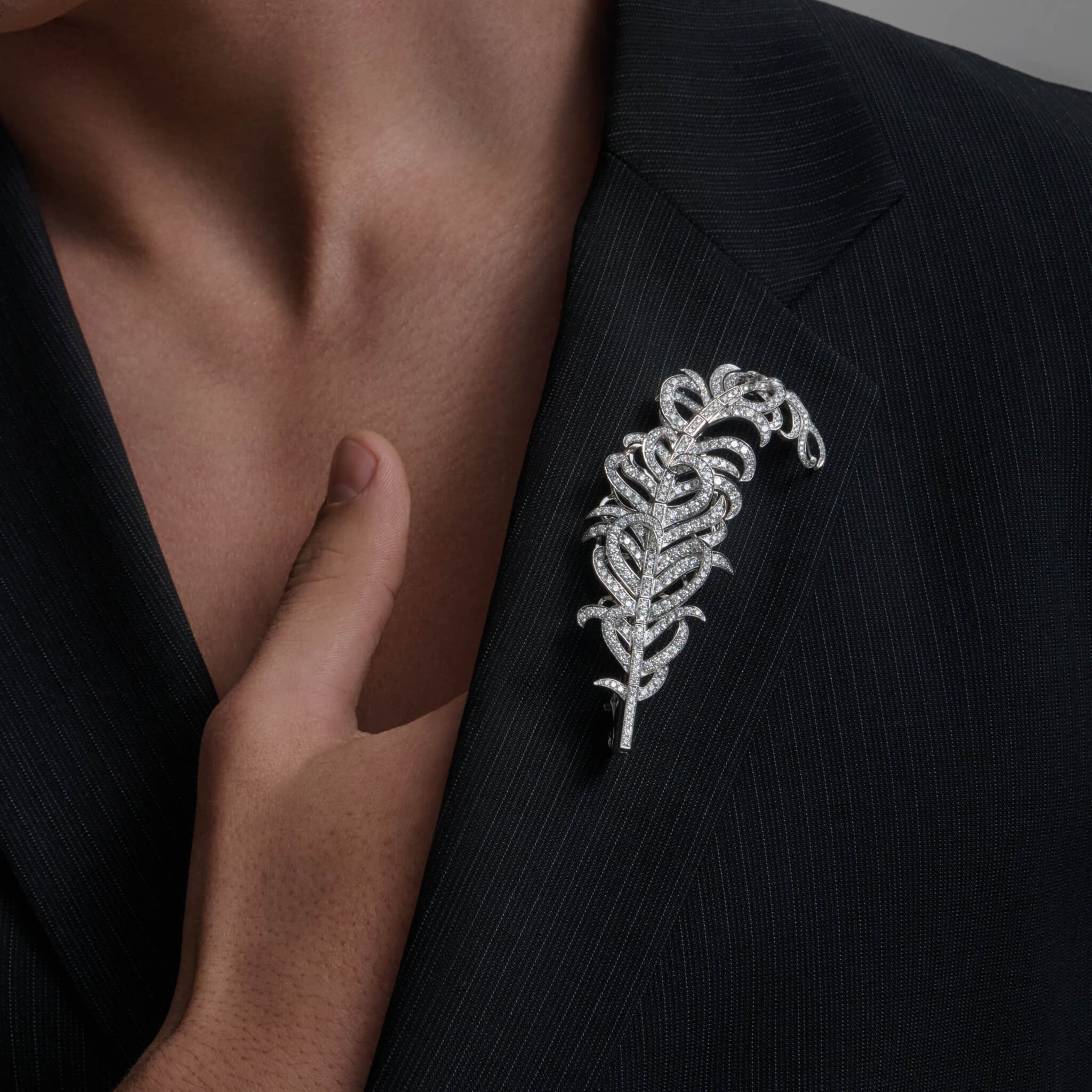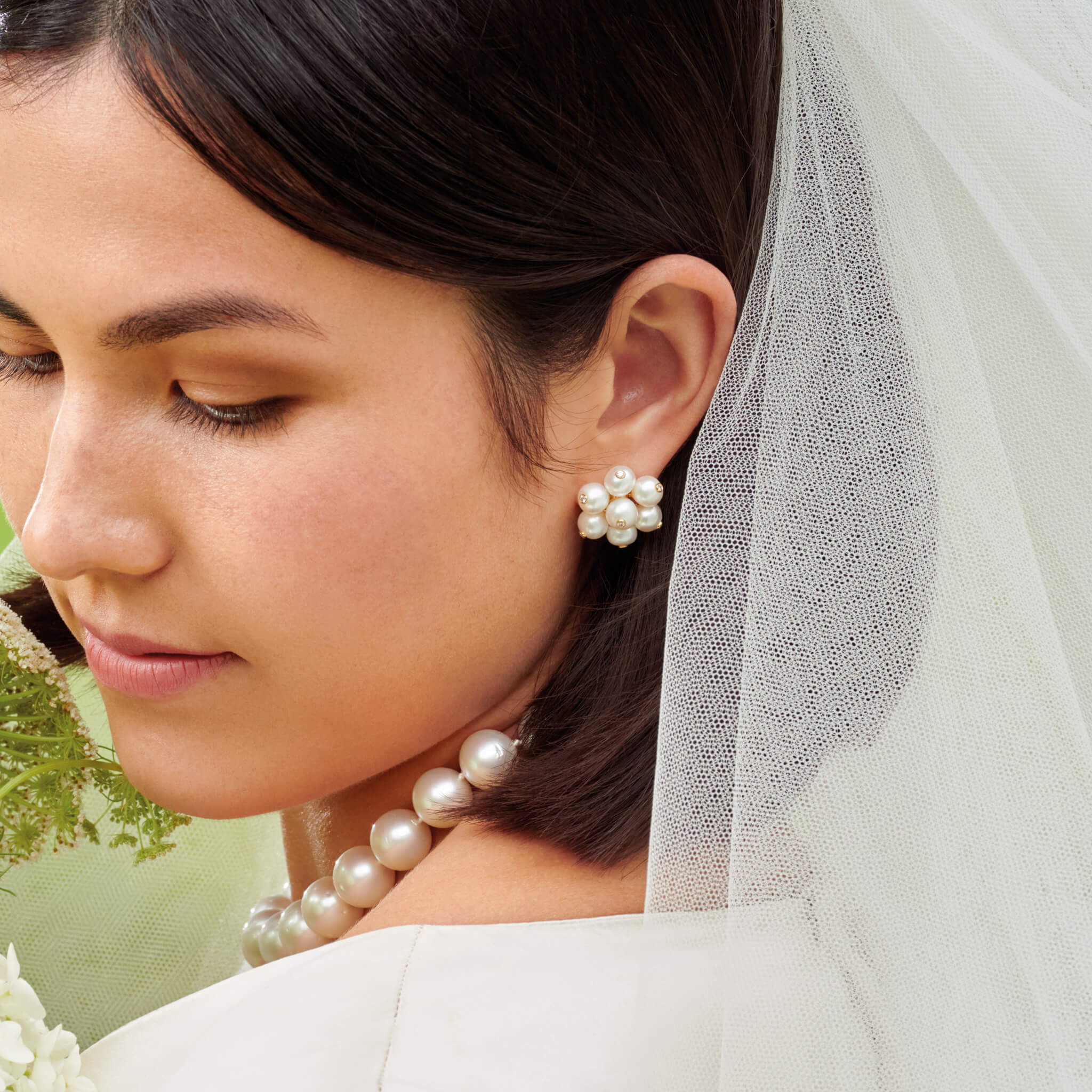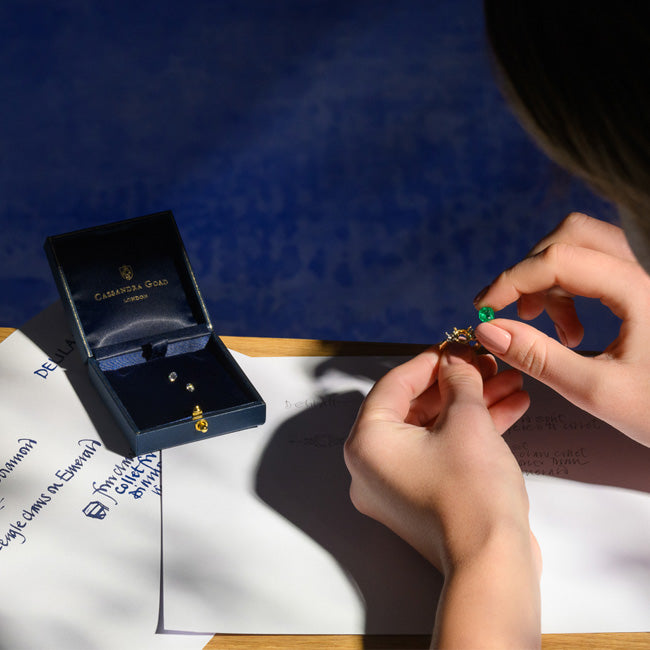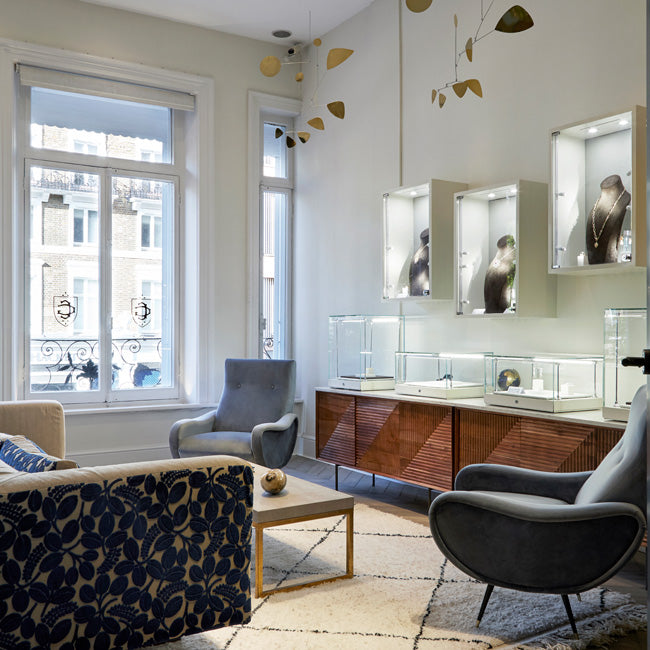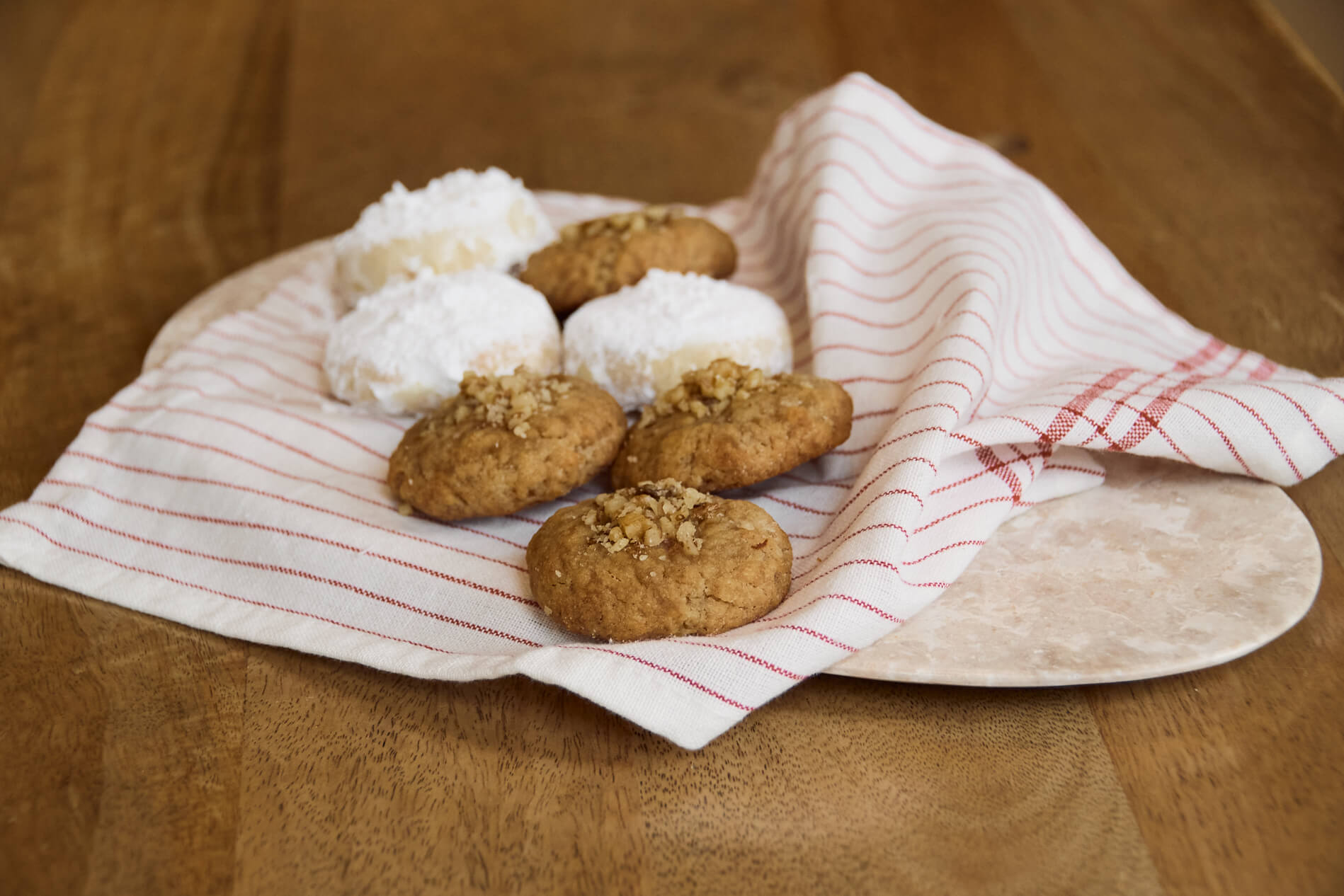Journal
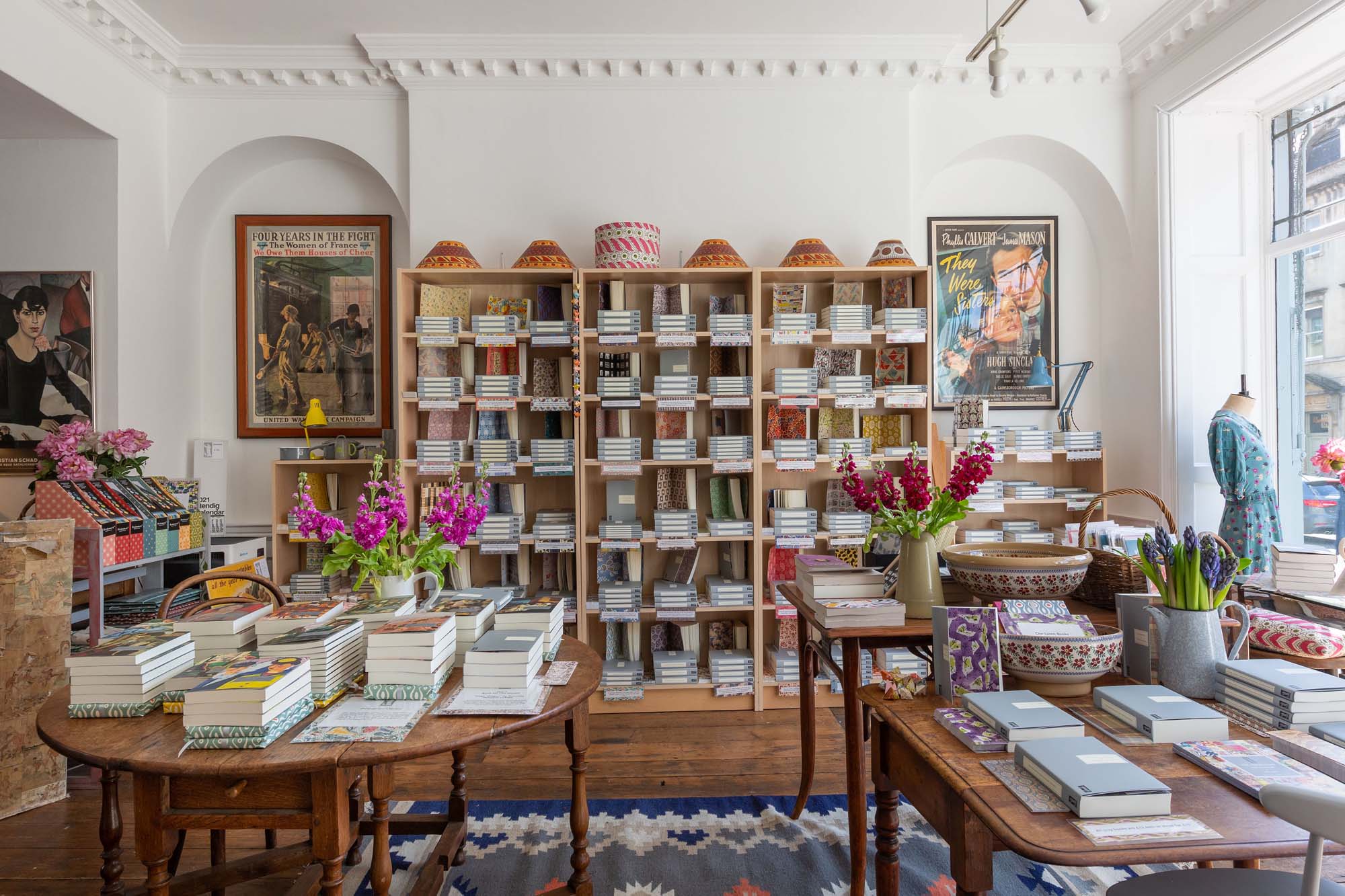
Persephone Books: Rediscovering Forgotten Classics
Often, pieces of writing are quietly forgotten, left out of print, considered out of fashion, or simply overlooked. But some still have something vital to say and Persephone Books exists to give t...
Read more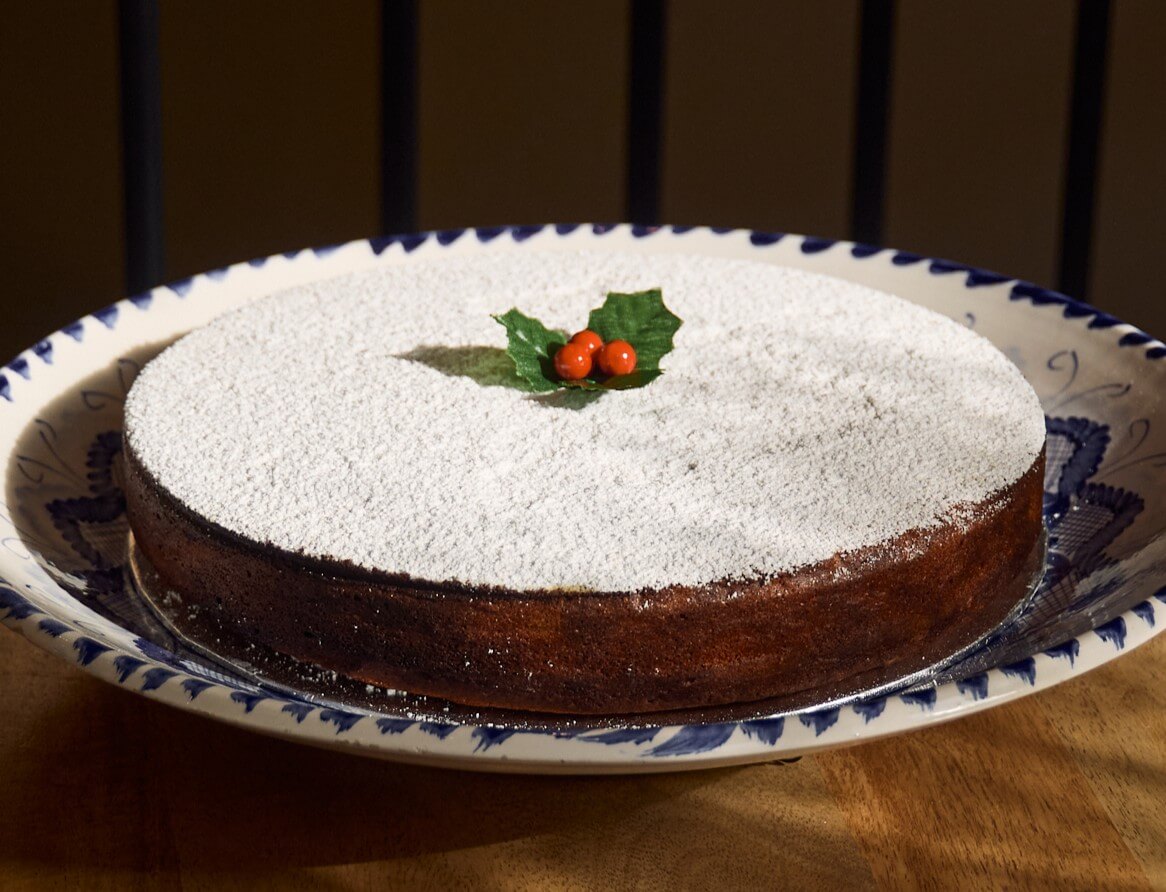
The New Year's Tradition of Vasilopita
Each New Year, Greeks celebrate with a vasilopita, a cake hiding the lucky flouri. Rooted in Saint Basil’s kindness, this cherished tradition brings family, faith and fortune together in one meanin...
Read more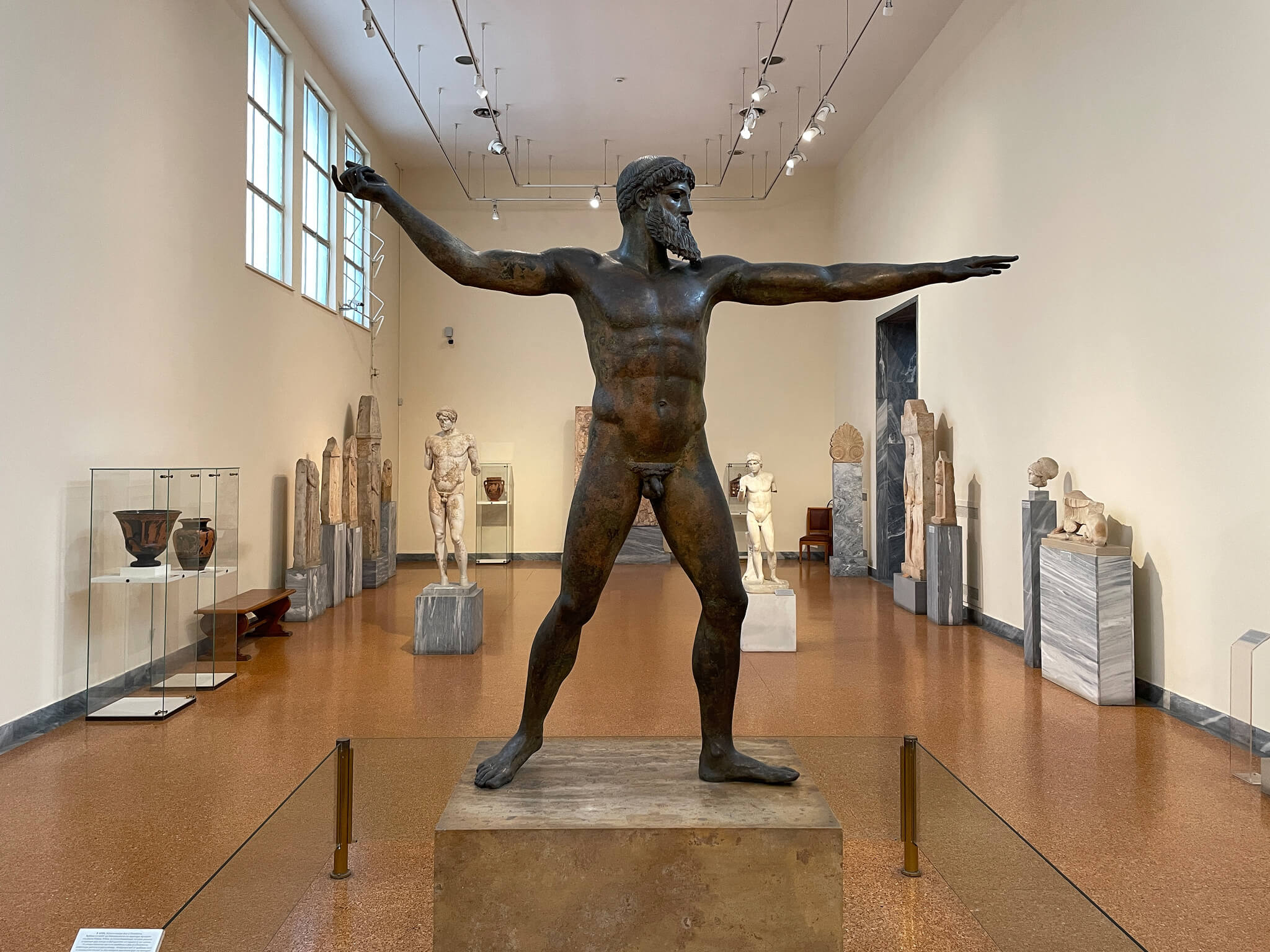
The Mystery of the God's Weapon
The Artemision Bronze still sparks debate - Zeus or Poseidon? Thunderbolt or trident, the mystery endures, echoing the power and rivalry of the gods.
Read more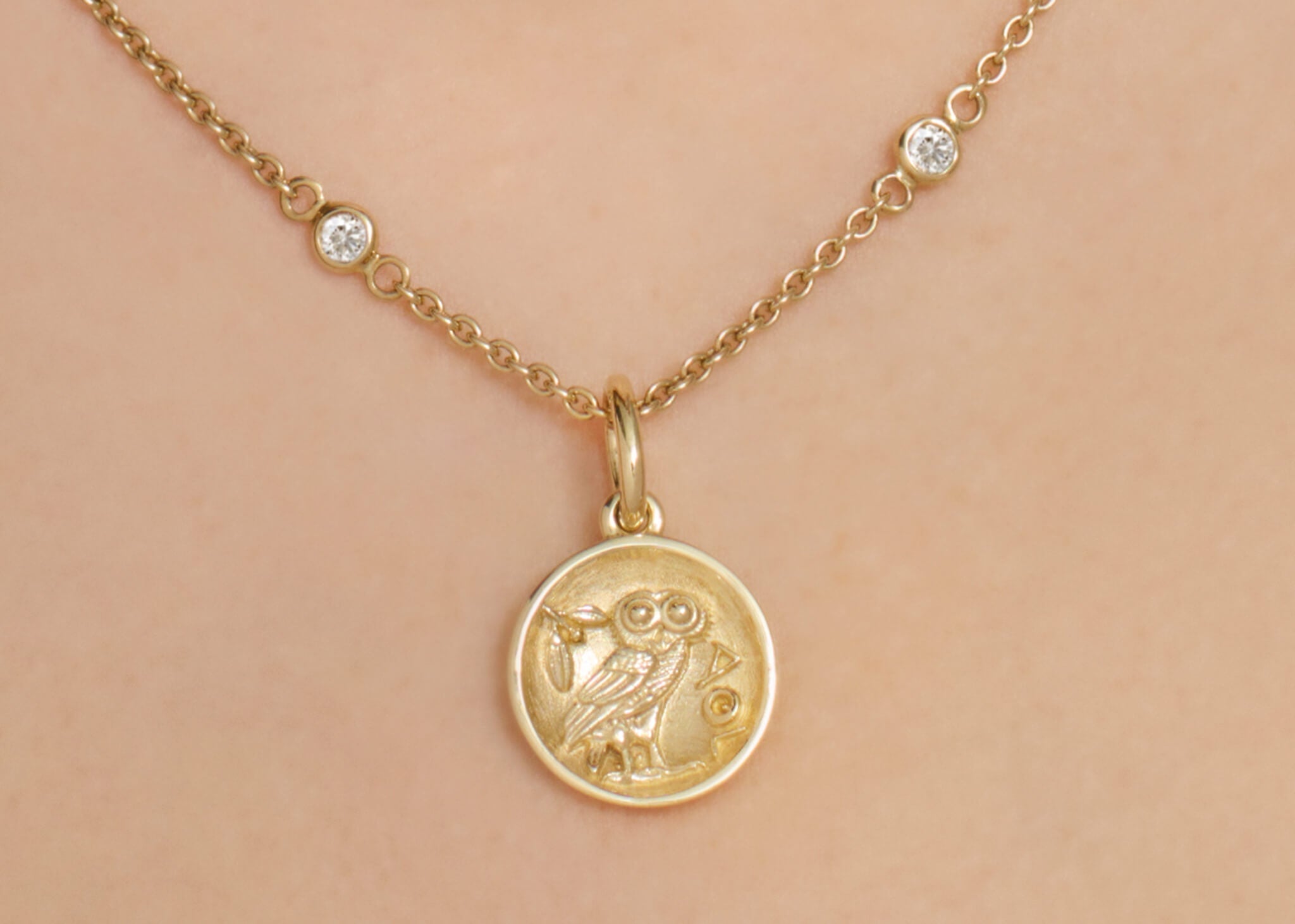
The Story Behind the Owl Medallion Charm
Inspired by the Goddess Athena’s sacred companion, Cassandra’s Owl Medallion charm embodies wisdom, strength, and clarity. A symbol for new beginnings and achievement.
Read more
Matilda Goad's Festive Wishlist
Matilda Goad of MG&Co. reveals the cosy traditions, festive rituals, and thoughtful stocking fillers that make her family Christmas magical.
Read more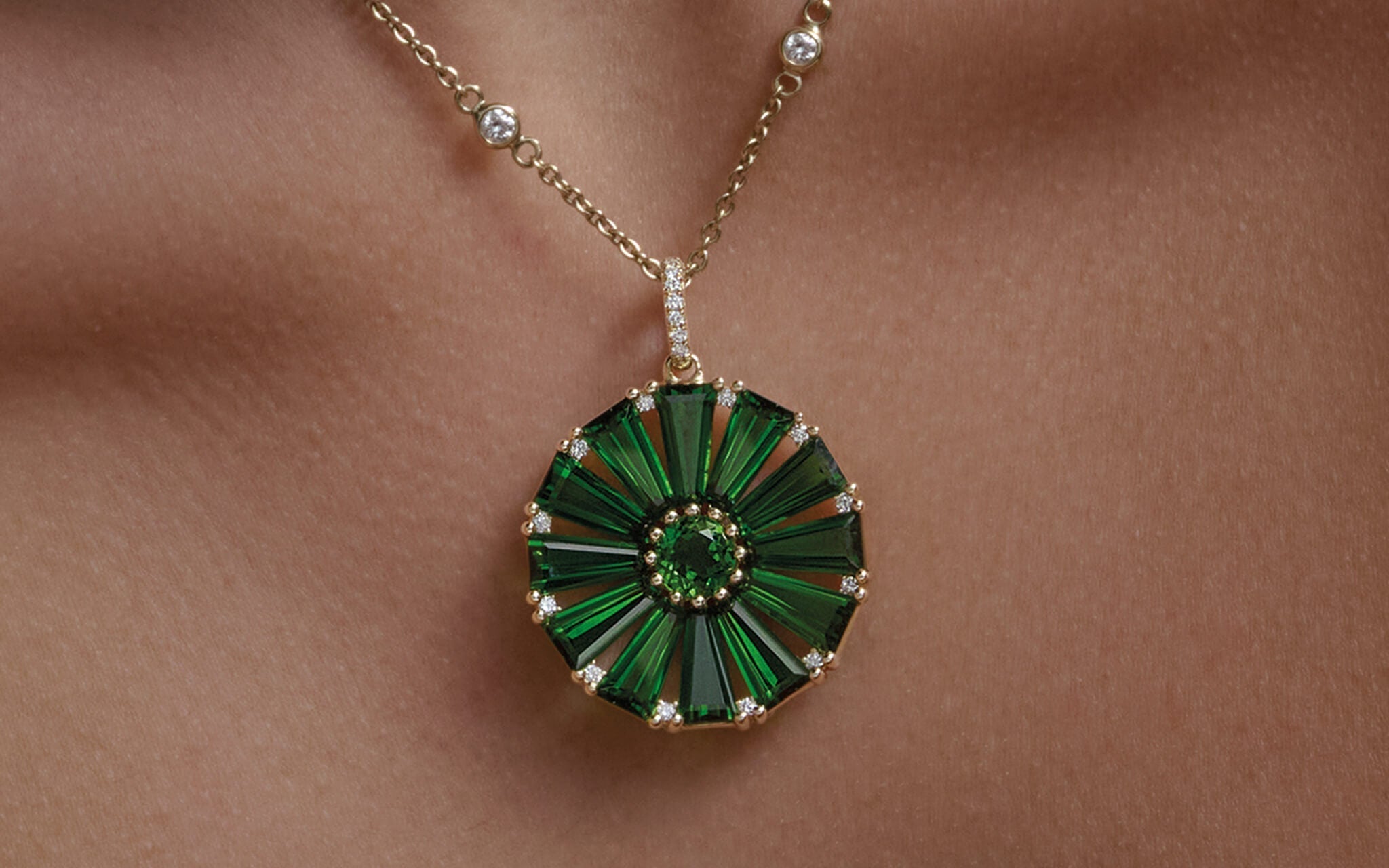
Discover the rare brilliance of chrome diopside - its vivid green hues and Siberian origins brought to life through Cassandra’s exceptional artistry.
Read more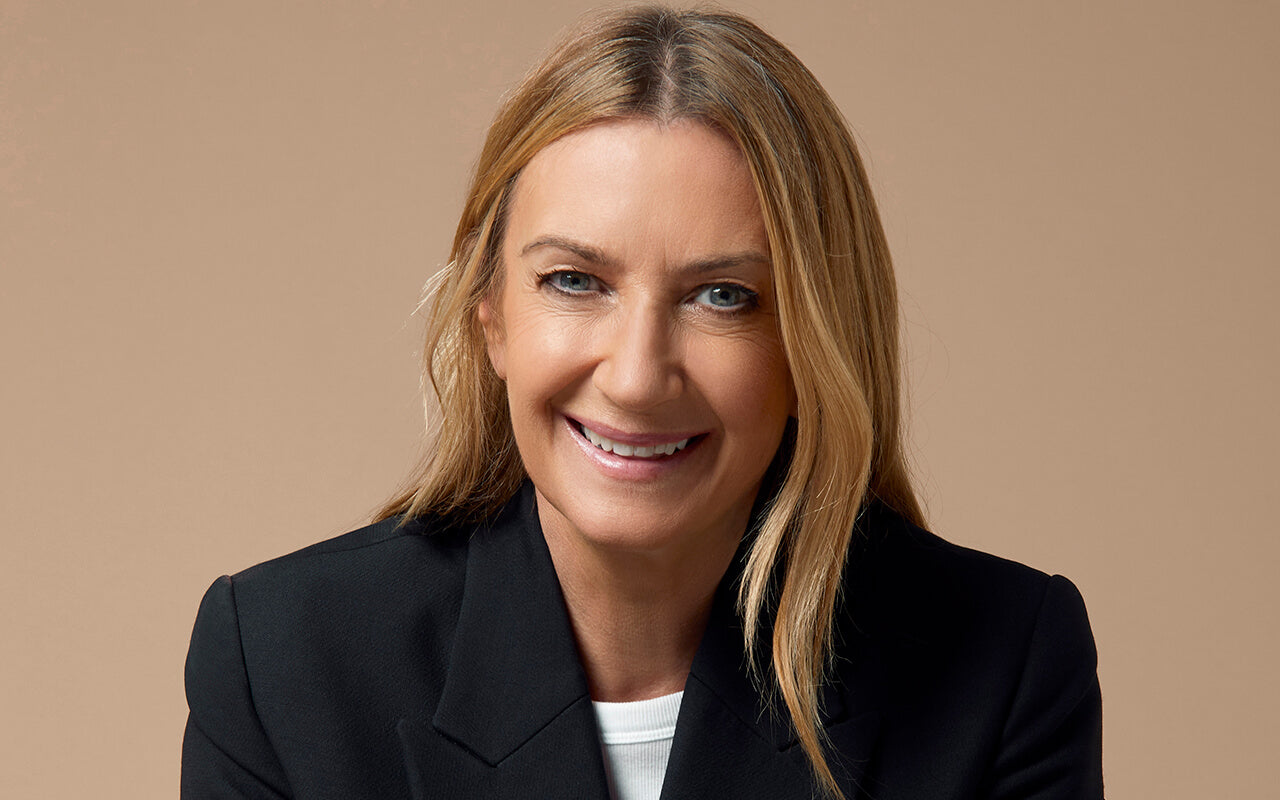
Anya Hindmarch's Festive Wishlist
Anya Hindmarch, founder of her namesake brand, shares festive rituals and favourite stocking fillers, bringing her witty, playful design spirit to Christmas.
Read more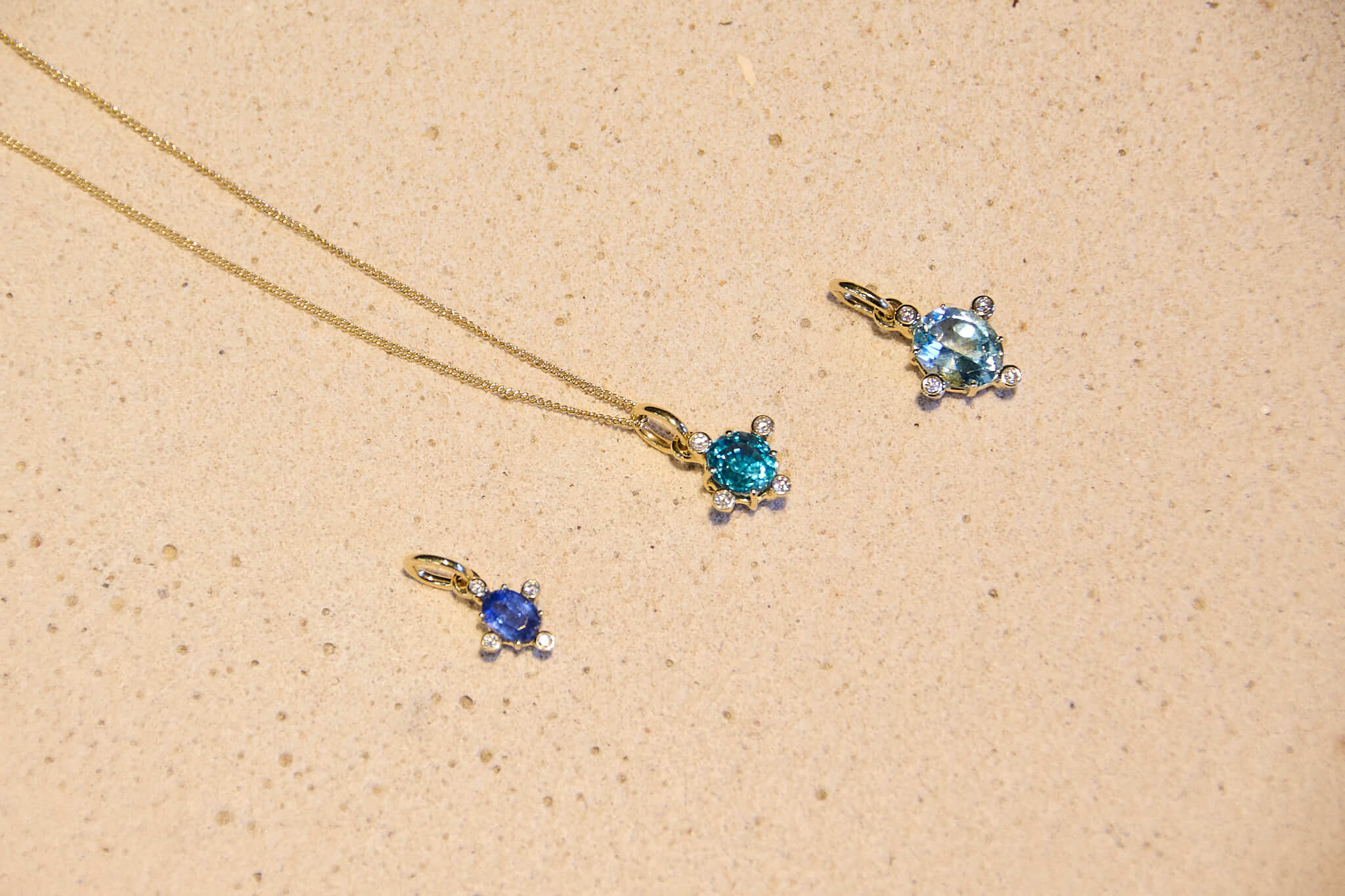
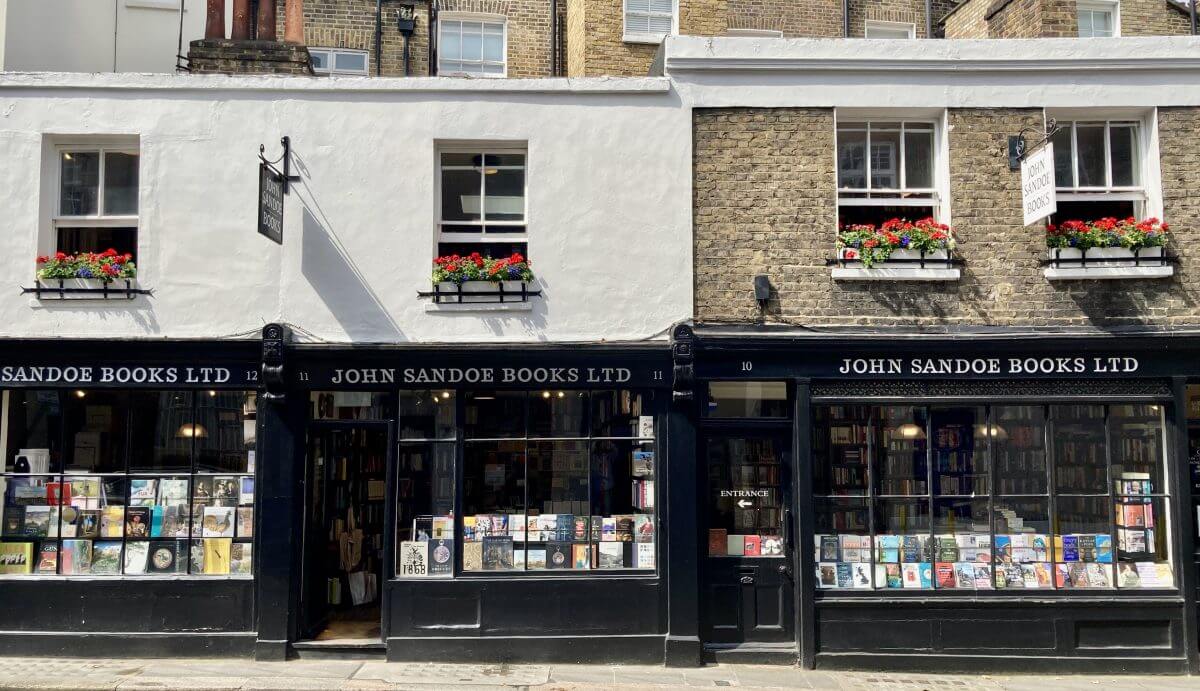
Johnny de Falbe's Festive Wishlist
Johnny de Falbe of John Sandoe Books shares his impeccably chosen small, beautiful editions - perfect inspiration for thoughtful gifts for the man who has everything!
Read more